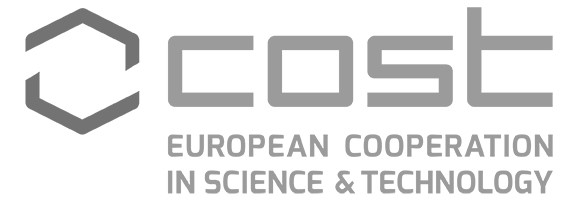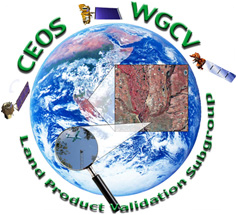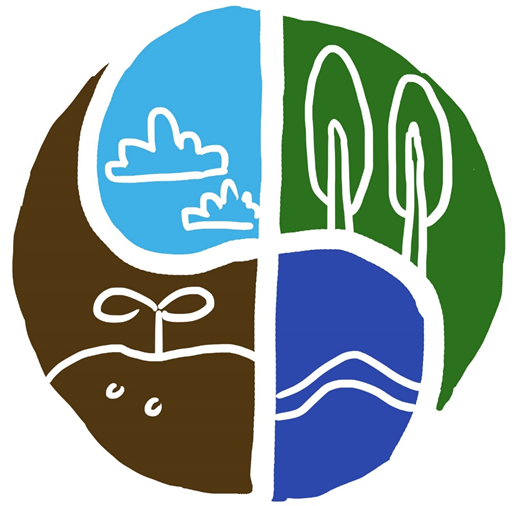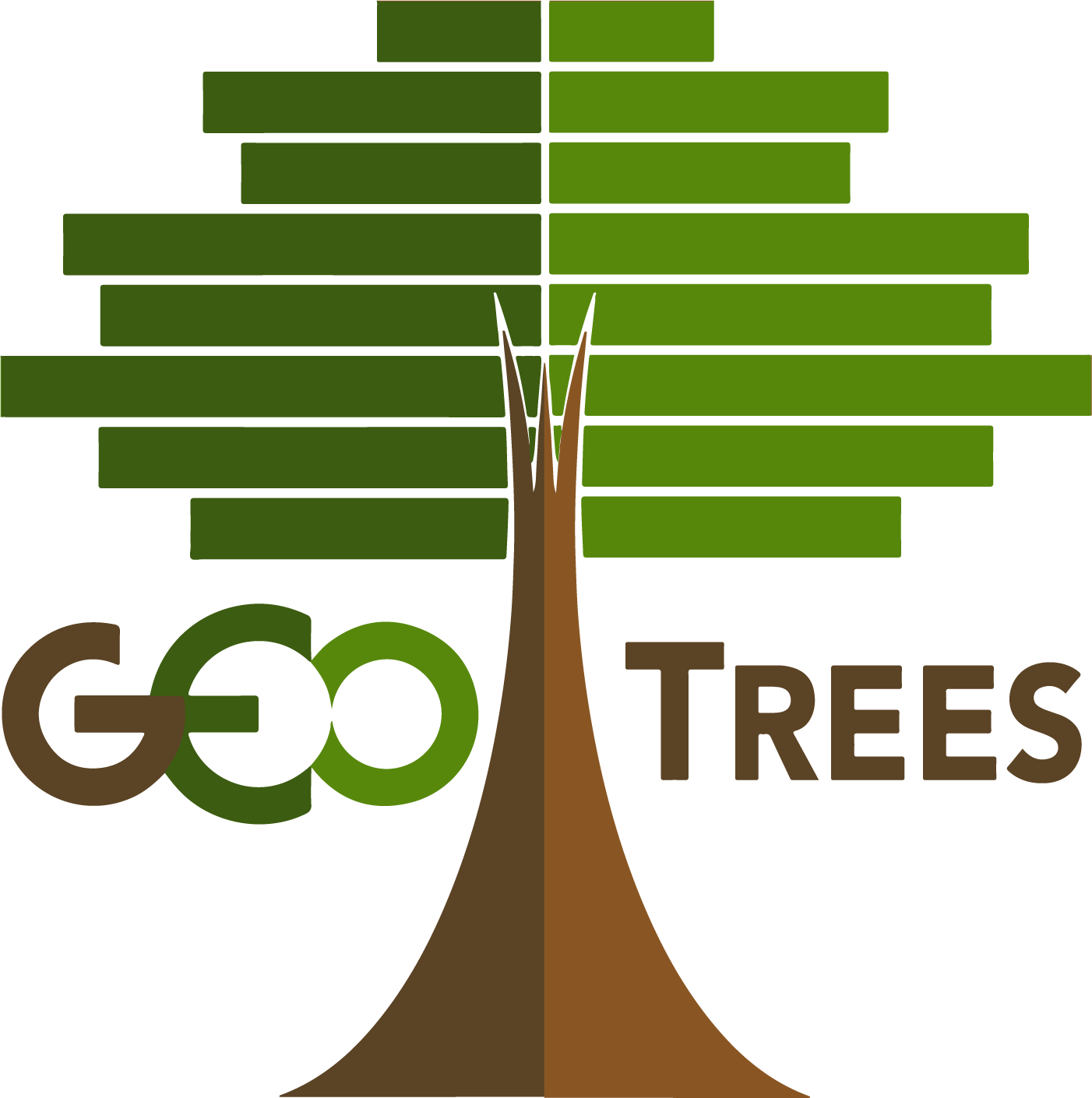ABOUT
We study the dynamics, biogeochemistry
and water cycling of terrestrial ecosystems
Q-ForestLab has a strong focus on forest ecosystems, but a broad interest in all types of terrestrial ecosystems, including tropical and temperate forests, drylands, peatlands and urban ecosystems.
Our strength lies in a unique combination of methodologies, ranging from empirical in-situ observations and experiments, over 3D forest reconstructions, to process-based modelling and remote sensing.
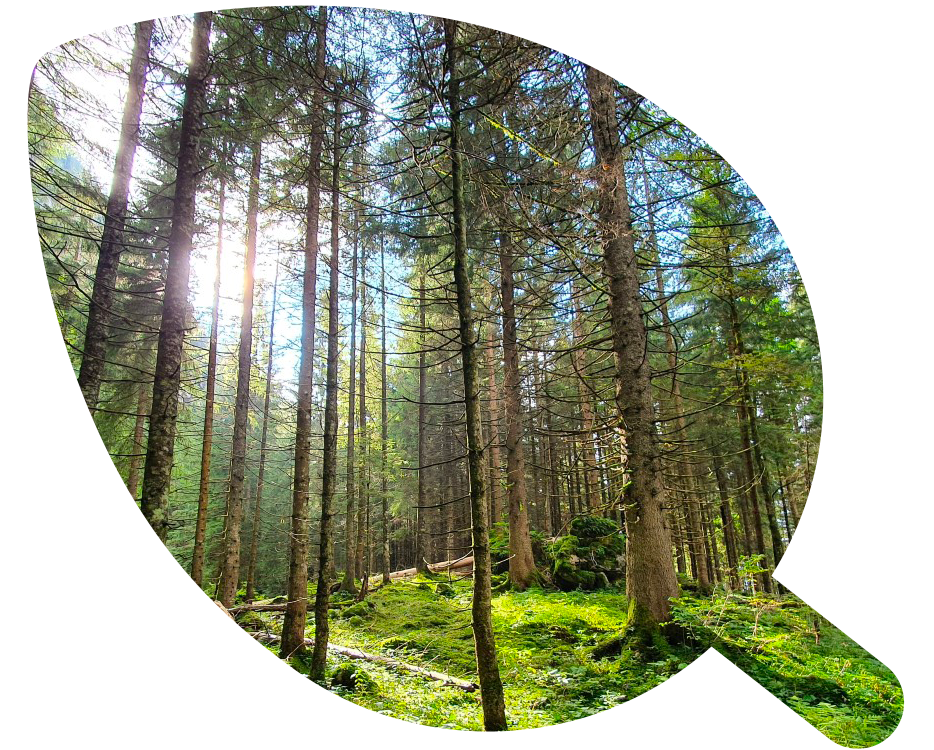
Our Mission
Q-ForestLab contributes to an increased understanding of ecosystem functioning in a changing environment, to nature conservation and development cooperation. To do this, we train scientists and conduct question-driven research on vegetation ecology and biogeochemistry of terrestrial ecosystems.
Our Vision
Q-ForestLab aims to catalyse innovative, fundamental, and applied research through the integration of remote sensing, vegetation modelling, and fieldwork. We believe that team dynamics lift our science to a higher level, and therefore, we invest energy in both personal and team goals. Good personal relationships and job satisfaction are key. We are committed to sharing our research with the widest possible audience; therefore, we publish in high-quality scientific journals and invest in public outreach. We value ethics and invest resources in capacity building for our activities in developing countries. We believe that true collaborative research is only possible through sharing: open-source software and codes, data sharing, and open-access publications.
Research Lines
Vegetation dynamics in the climate response of (tropical) woody ecosystems, including aspects such as lianas, succession, monodominance, regrowth, phenology, functional diversity, and disturbance
The role of vegetation structure in ecosystem functioning.
Biogeochemical cycles in (tropical) forests in response to climate and land use changes, including land-atmosphere interactions.
Our Methodologies
Remote Sensing

We utilise multi-scale, multi-sensor, and multi-platform remote sensing data to create operational tools for mapping vegetation cover and disturbances, conducting time-series and trend analyses, and retrieving biophysical traits. In doing so, we employ and modify image processing techniques from artificial intelligence and computer vision.
Lead: Prof. Frieke Van Coillie
Vegetation Models

We develop, parameterise and apply various vegetation models including ED2, ORCHIDEE and LPJ-GUESS. We integrate vegetation models with multiscale observational data from leaf level gas-exchange, over plot-scale inventories and eddy covariance fluxes to remote sensing data.
Lead: Prof. Hans Verbeeck
Laser Scanning

We use 3D laser scanning, mainly from terrestrial platforms (TLS), to virtually reconstruct forests that can be used as input for vegetation and radiative transfer models; to assess their aboveground biomass; or to understand their natural structural dynamics or response to disturbances.
Lead: Prof. Kim Calders
Field Observations

We go out in the field to do a range of measurements, particularly in data-poor regions, like the Congo Basin. We often combine inventories and trait sampling with biogeochemical mapping (net nutrient budgets, greenhouse gas fluxes, but also gross fluxes) to understand ecosystem responses along gradients (elevational or successional). Additionally, we carry out ecophysiological measurements and use eddy covariance measurements to add more in-depth understanding on ecosystem functioning.
Lead: Prof. Marijn Bauters
Ecosystems
- Our research encompasses wet tropical forests located in French Guiana, Surinam, Panama, Indonesia, DR Congo, Brazil, Peru, Uganda, and Australia; tropical mountain forests in Ecuador and Africa; dry tropical forests in DR Congo and Zambia; as well as temperate forests in Europe.
- We conduct studies in dryland savannas situated in Senegal, Rwanda, and Australia.
- Our investigations extend to tropical peatlands found in the Congo basin and Southeast Asia.
- We examine urban forests and city trees and their associated ecosystem services in Belgium.
Forest Science at UGent
The research endeavors of Q-ForestLab are part of the broader and more comprehensive expertise in forest science within the Faculty of Bioscience Engineering, which is organized into three large, complementary research groups. The Forest & Nature Lab contributes its extensive experience in forest ecology, biodiversity, and ecosystem management. This integrates with cutting-edge research of Q-ForestLab in remote sensing, modeling, biogeochemistry, and tropical forests. Enhancing this synergy, UGent-Woodlab specializes in forest growth, wood structure, the development of bio-based building materials, and innovation in forest products. This trio of research groups encompasses ecological, technological, and management perspectives of forest sciences, facilitating a deeper understanding of the complex nature of global forests. This integrated interdisciplinary approach positions the faculty of Bioscience Engineering as a leader in forest science, sustainable forest management and forestry wood chain topics, serving as a catalyst for pioneering scientific advancements.
